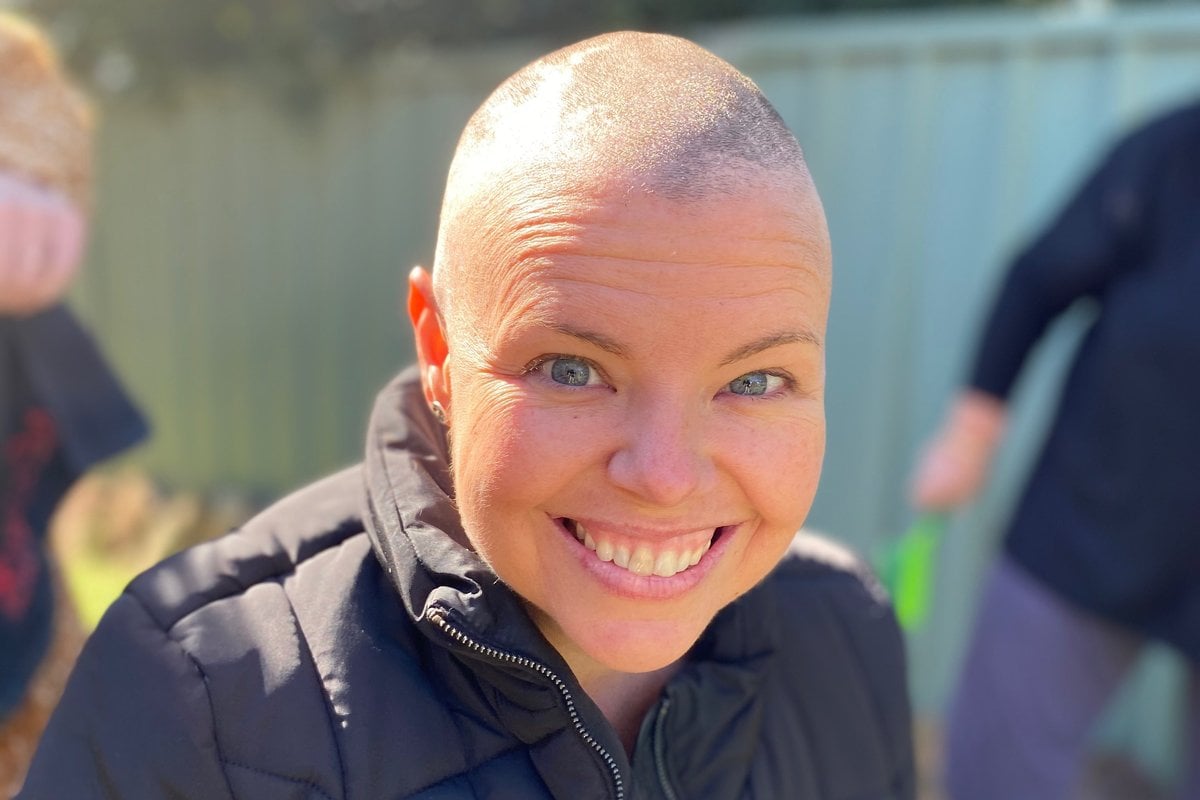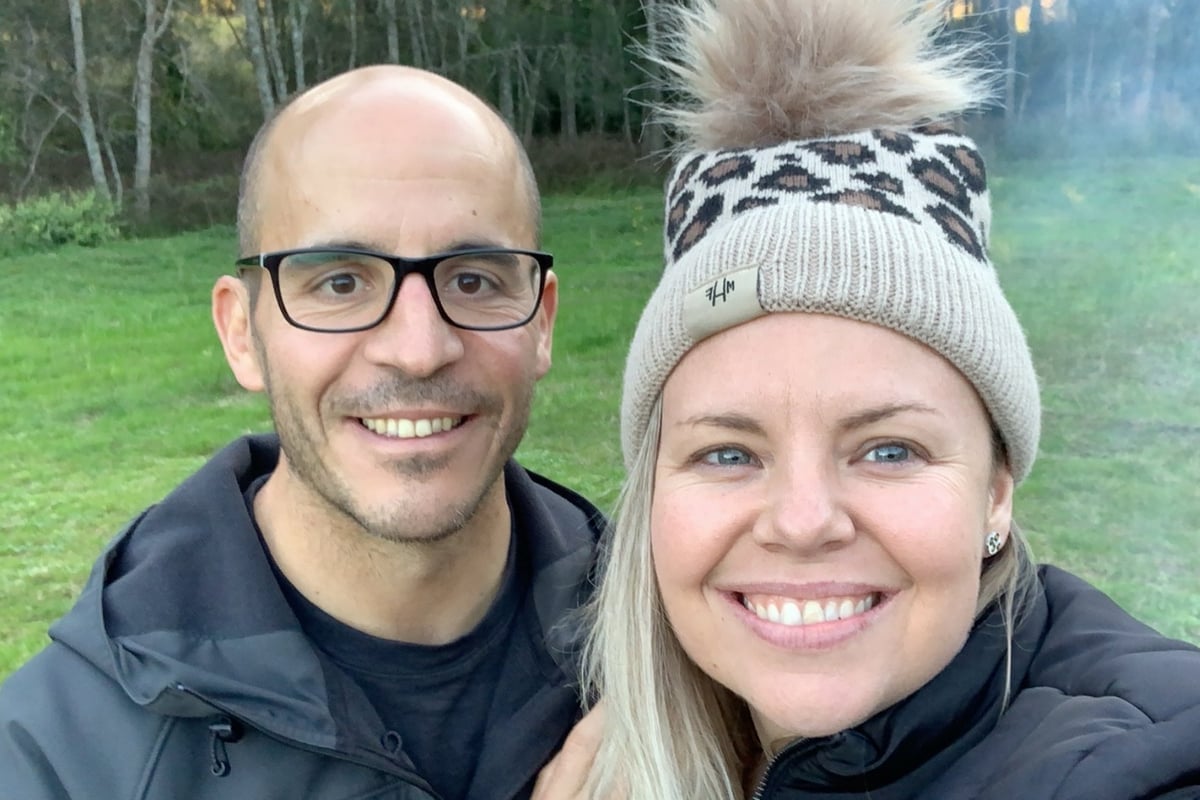
As Australia fought to stave off its growing COVID-19 caseload in July, Melissa Rogers found herself facing a health crisis of her own.
The NSW woman was diagnosed with triple negative breast cancer after discovering a 5cm lump in her left breast while stretching.
It was on Melissa's 36th birthday that her doctor delivered the news.
Watch: Know your family's health history. It could save your life.
"The word cancer — you hear it all the time, right? It's just a word. It's so common," she said. "But when it's attached to something to do with you...
"I don't know if you've ever had an almost out-of-body experience. You're thinking, 'Did she just say that? Is this a weird dream?'".
Triple negative breast cancer is an aggressive form of the disease that represents roughly 15 per cent of diagnoses.
Melissa is undergoing chemotherapy and is scheduled for surgery in January. She's been guided through the process by her clinicians and McGrath Breast Care Nurses, including Natalie Carnovale.


